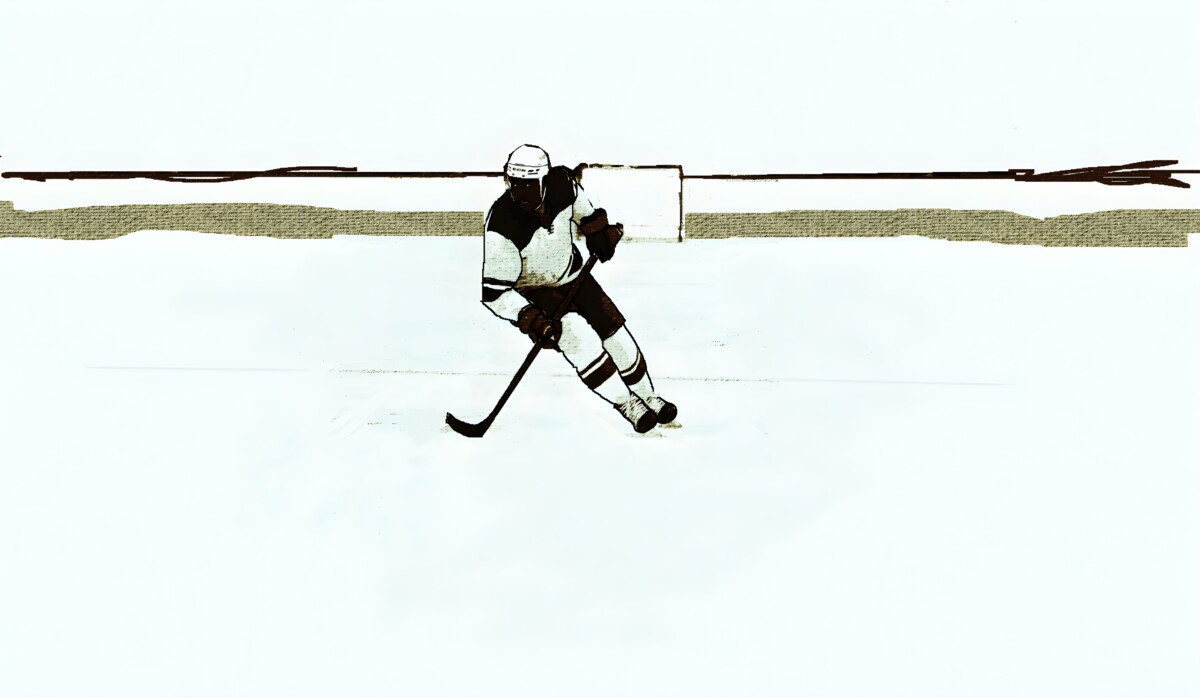CRARR is helping families in the fight against anti-Black racism in hockey
The fight against racism in junior hockey in Quebec advances this year, as more families are bringing civil rights complaints to the Quebec Human Rights Commission with the help of the Center for Research-Action on Race Relations (CRARR), including a complaint against Hockey Quebec.
CRARR’s executive director Fo Niemi pointed out that although he gets many phone calls from parents, especially Black parents, not many go through the complaint process with the Human Rights Commission.
“I think there’s either reluctance, or a fear of retaliation, or there’s a concern that the process can take a long time,” he said.
But two complaints are being filed so far this year. The first was by Nadine Hart against the Lester B. Pearson School Board after her 13-year-old son, JC, was allegedly the victim of anti-Black racism through taunting, slurs, and assault while playing in the Pro Action Hockey program at John Rennie High School last fall.
Seeing a family file a complaint encouraged Laurie Philipps to do the same with a complaint against Hockey Quebec, stating that “the more people are doing it, it’s more likely they can’t ignore us all.”
Philipps and her 16-year-old son Aiden, who plays for the Île-Perrot Riverains, went through a similar situation after he was allegedly called a racist slur by another player during a game in December 2022 against the Valleyfield Braves. He also had to hear the word again twice during the other player’s hearing, who was appealing the length of the suspension he had received as a consequence. The suspension was downgraded from eight to five games following the hearing.
Philipps added that as a mother, seeing her son going through that from the sidelines was “heartbreaking” and that she felt helpless in the moment.
“But then even afterwards, […] I’m entrusting that the league and the association that is responsible for these kids and these games is there to protect all of the kids, all of their rights to be there and to play, and to play in a safe environment both physically and emotionally, and that they will take care of this, and they’re not,” she explained.
However, it was how the situation was handled by Hockey Quebec that pushed Philipps to follow through with the complaint.
“It was just the response that we were getting,” she said. “They just kept reiterating the point to us that they don’t get it. They’re not getting it and it doesn’t seem like they want to.”
According to Philipps, Hockey Quebec thinks that “it happened, it’s done, get over it, move on,” which doesn’t send the proper message and also doesn’t help anyone feel like the same issue won’t happen again.
In the complaint, CRARR and Philipps brought forward systemic remedies that they hope Hockey Quebec will implement. They include mandatory training for Hockey Quebec directors on racism and human rights, as well as having more diverse Discipline Committees.
“It’s about having a diverse panel who understands really what racism is and can acknowledge, not just these overt acts, but the little subtle things that happen and the microaggressions,” Philipps said. “And I’m speaking as a white person, we do not and we will never understand what those racist comments mean to somebody of colour.”
Racism can happen in many ways, and sometimes it can be less noticeable remarks, or microaggressions.
Jérémie Ndeffo, a hockey player who now attends the Ontario Hockey Academy in Cornwall, was a victim of daily racist microaggressions when he was in high school in Châteauguay.
“It was small things but very daily, affecting me,” Ndeffo said. “Every time I came into the locker room, there was going to be a remark. Or for example, we were doing a race and then I would lose, they would be like ‘why did you lose? You’re Black, you should run fast’ or some stuff like that.”
Something the 18-year-old would like to see is for more hockey organizations to raise awareness about racism, perhaps by holding conferences. An idea he suggested is having professional athletes who have experienced racism talk and share their stories with young hockey players.
Philipps had a similar point of view about how important raising awareness can be, in particular to teach people the meaning behind what they are saying if they don’t realize it.
“If they still choose to continue to use those words, then that goes to the next step: are we responding to that and are we giving out the punishments that are not only severe enough but impactful and in the right way to make the people understand that this is not accepted?” she added.
Aiden is still playing hockey and has no interest in stopping, but Philipps said that he did question if he wanted to continue after what happened in the hearing.
“But I think his drive, how much he loves the game, and I think all the support that he has from his teammates really helped to encourage him and kept him wanting to still play,” she said.
Philipps added that no one should have to lose out on the game because of other people’s ignorance and racism. But there are still many steps to take to eliminate racism from hockey.
